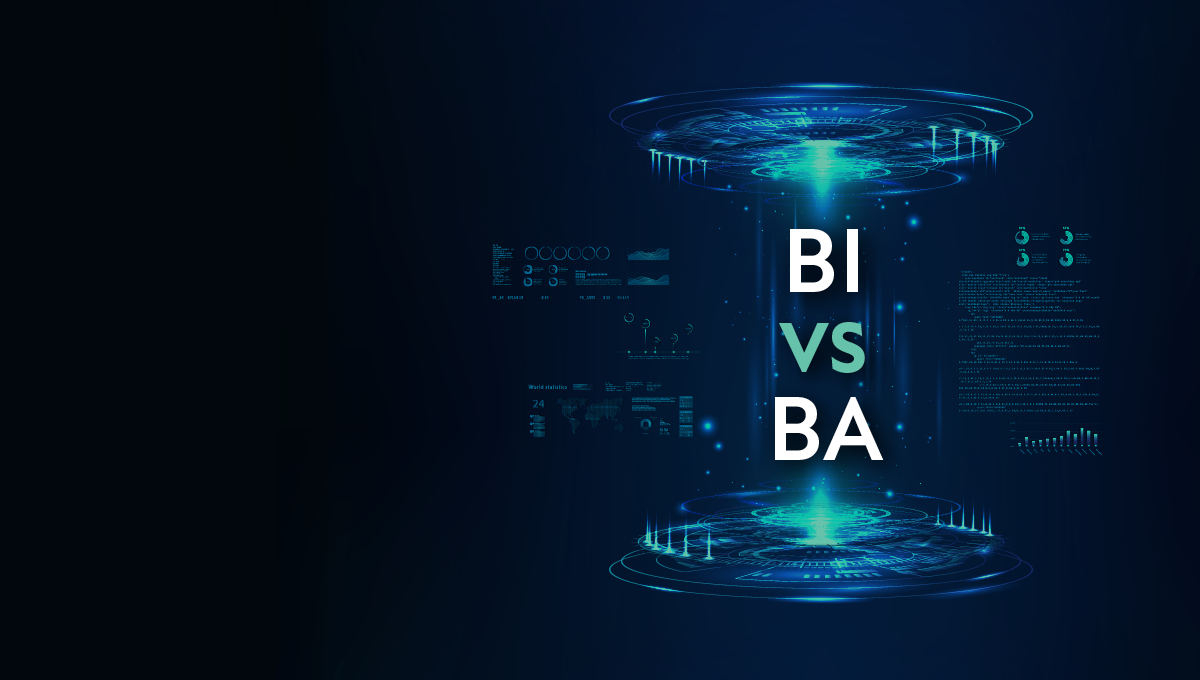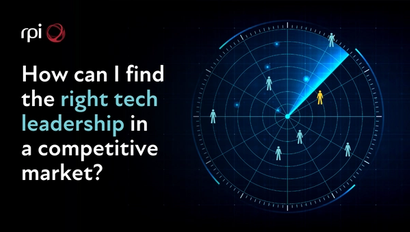To the unfamiliar ear, Business Analytics (BA) and Business Intelligence (BI) sound like they could be much the same thing. While they use the same data, their scope and focus are not the same. Which one you should use depends on what your commercial goals are, what you need to learn, and who needs or wants to use the business data.
Choosing the wrong approach risks wasting time and money, and leaves you no closer to your objectives. Here’s the difference between Business Analytics and Business Intelligence, and how to establish which one you need.
Business Intelligence
In a nutshell, business intelligence captures and expresses events or trends that have happened or are taking place. It’s a descriptive tool, and you can use it to establish the results of initiatives, assess the general health of the company, or identify and diagnose weaknesses in the business.
Typically, business intelligence tools don’t require data expertise or mathematical effort — they process and present the data in graphs and tables for easy consumption. Anyone in the company should be able to use a business intelligence platform, and it provides easy access to information to inform managerial decisions.
Business analytics
Where business intelligence is descriptive, business analytics is predictive.
BA draws on the same information as BI, but rather than reporting data, it projects it. BA predicts trends based on existing patterns to suggest future results and events. It requires users to bring statistical expertise and the ability to use mathematical models, producing its results through artificial intelligence and machine learning.
Which do you need?
It feels like it should be an easy question — just decide whether you need to look at present and historical data, or whether you need a model of the future, then pick the relevant tool. Of course, things aren’t as straightforward as that.
What do you need to know?
If you’re only really interested in past and present data, then business intelligence will most likely do the job.
If you need to anticipate or predict future trends, do you need the mathematical model that data analytics provides, or could you get by using BI data and your intuition to make a reasonable guess?
If your strategy depends on the accuracy of your forecasts, then business analytics takes the judgement, optimism, pessimism, and biases out of the equation, and presents your business trajectory objectively.
What skills do you have in-house?
Because business analytics requires training, and mathematical expertise, it’s no use to a company without the right talent. If you need predictive power, you also need team members who can create the necessary models, and preferably ones who understand the commercial drivers of BA, not ones who might create models for models’ sake.
Does your business have a strong data culture?
Whichever tool you need or think you need, the intelligence that you gather will fall on stony ground if you don’t have a strong data culture.
Brilliant insights or predictions are only valuable to teams that can and will use them. If you want to transform your business with data tools, you should make an honest assessment as to whether your teams are already inclined to use data, whether you have managers who can instil that mindset, or whether you need additions to leadership who can drive change in that direction.
The question of what tools you need can only really be answered internally, by those who understand the business, appreciate its goals, and have the expertise in business data to make a thorough assessment. To find out how RPI can find those experts and place them in your business, email people@rpint.com.



